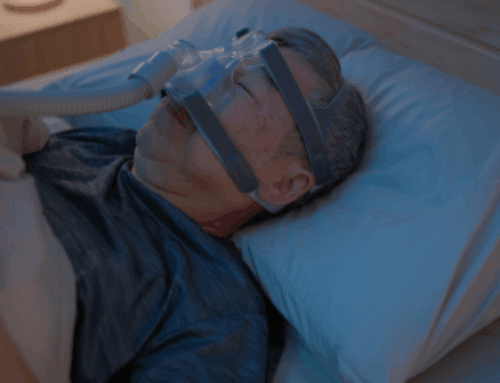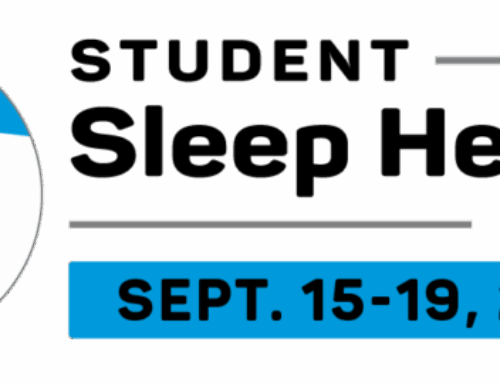CONTACT: Doug Dusik, 630-737-9700 ext. 9345, ddusik@aasm.org
DARIEN, IL – Sleepy teens are more likely to have a strong craving for carbohydrates, suggests a research abstract that will be presented Tuesday, June 14, in Minneapolis, Minn., at SLEEP 2011, the 25th Anniversary Meeting of the Associated Professional Sleep Societies LLC (APSS).
Results show that the intensity of self-reported craving for carbohydrates increased in a linear relationship with the severity of subjective daytime sleepiness. The odds of having a strong craving for carbs were 50 percent higher among high school seniors with excessive daytime sleepiness. The rate of depression also was higher among students who had a strong craving for carbohydrates (34 percent) than among students who had little or no craving for carbs (22 percent). Students experiencing strong depression were almost three times more likely to have a strong craving for carbohydrates.
“This is one of the first studies in a high school population to show a linear relationship between carbohydrate craving and sleep deprivation,” said principal investigator Dr. Mahmood Siddique, director of Sleep and Wellness Medical Associates and Clinical Associate Professor of Medicine at Robert Wood Johnson Medical School in New Jersey. “In particular, as sleep deprivation increased, self-reported carbohydrate craving also increased. Further, the risk of carbohydrate craving was especially strong among depressed students.”
The American Academy of Sleep Medicine reports that daytime sleepiness is common among teens, who often struggle to get enough sleep at night. Most teens need a little more than nine hours of nightly sleep to feel alert and well-rested during the day.
The study involved 262 high school seniors attending a public high school in Mercer County, N.J. They had a mean age of 17.7 years. Participating students completed the Epworth Sleepiness Scale (ESS), a validated depression scale, and a scale to gauge carbohydrate craving. Twelve percent of students reported the highest level of craving for carbs.
According to Siddique, sleep plays an important role in the regulation of metabolism and appetite. Insufficient sleep can throw the metabolic system out of balance, affecting dietary choices and promoting weight gain.
“This study is important given the rising epidemic of obesity among teens as well as increasing metabolic syndrome and diabetes among young adult populations,” Siddique said. “This study highlights the importance of diagnosing sleep deprivation as a risk factor for obesity among young adults. Those who are depressed and sleep-deprived may be at special risk for obesity.”
The SLEEP 2011 abstract supplement is available for download on the website of the journal SLEEP at https://www.journalsleep.org/ViewAbstractSupplement.aspx.
A joint venture of the American Academy of Sleep Medicine and the Sleep Research Society, the annual SLEEP meeting brings together an international body of more than 5,000 leading clinicians and scientists in the fields of sleep medicine and sleep research. At SLEEP 2011 (www.sleepmeeting.org), more than 1,000 research abstract presentations will showcase new findings that contribute to the understanding of sleep and the effective diagnosis and treatment of sleep disorders such as insomnia, narcolepsy and sleep apnea.
Abstract Title: Carbohydrate craving associated with sleep deprivation and depression in high school students
Abstract ID: 0853
Presentation Date: Tuesday, June 14, 2011
Presentation Type:Poster – #189
Presentation Time: 10:30 a.m. – 11:30 a.m.
###




